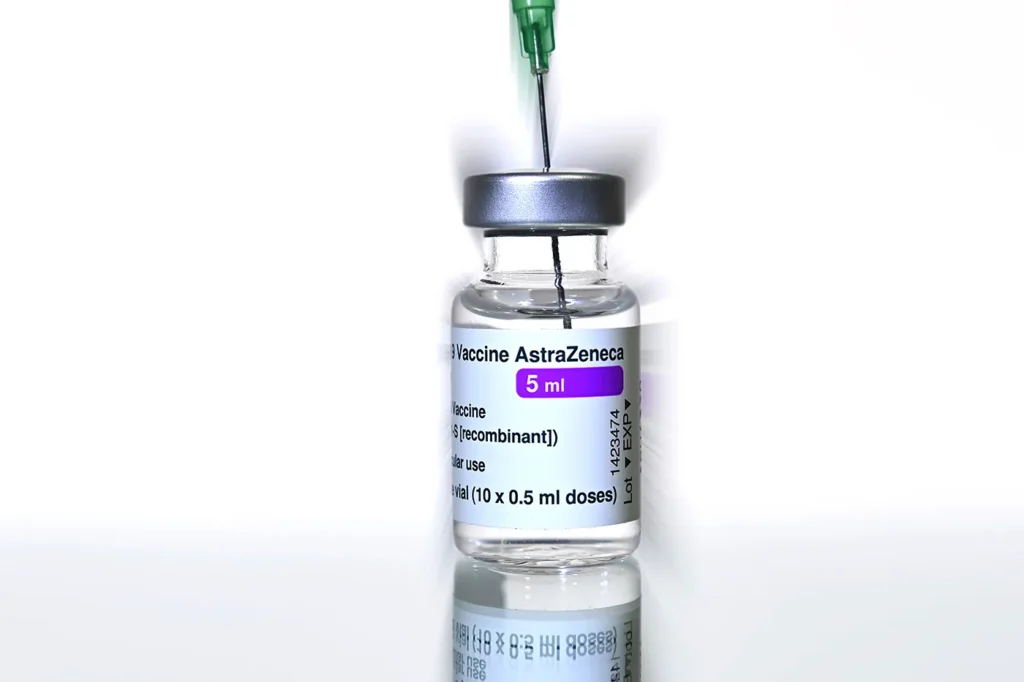If you have a shared interest in both science and communication, medical speech-language pathology may be the career for you.
While many speech-language pathologists (SLPs) choose to work in an educational setting, there is a need and an opportunity to use a degree in speech-language pathology within various healthcare settings. In fact, 39 percent of SLPs work in a hospital, residential healthcare facility, or non-residential healthcare facility. In the healthcare industry, speech and language services are instrumental in acute care, rehabilitation, and long-term care.
Below, we take a look at the topic of medical speech-language pathology and explore the role that SLPs play in modern healthcare.
What is medical speech-language pathology?
Medical speech-language pathology is where the medical world meets the communication field. Medical SLPs are communication experts who work in medical settings to help patients with communication and swallowing conditions. Medical speech-language pathologists work collaboratively with a patient’s medical team and contribute crucial information to the overall treatment plan.
“In other words, speech-language pathologists work with people of all ages who have a primary medical diagnosis that has left them with problems in areas of function related to communication and/or swallowing,” says Liz Martin, assistant clinical professor at Northeastern’s MS in Speech-Language Pathology program.
What does a medical speech-language pathologist do?
As a medical speech-language pathologist, you’ll diagnose and treat cognitive communication, speech, language, and swallowing disorders as part of a multidisciplinary or interprofessional treatment team.
A medical SLP helps patients that have trouble voicing, speaking, producing, or understanding language—as these difficulties consequently affect communication skills. Medical SLPs also support patients with difficulty eating food or drinking liquids resulting from a neurological event, chronic disease, or trauma. Whether it’s building a tailored diet or prescribing a device that generates speech, medical SLPs will create unique treatment plans specific to the needs and goals of the patient.
Medical speech-language pathologists work directly with patients and their families to provide education, counseling, and support. They also work alongside other healthcare professionals treating the same patient. For example, as a medical SLP, you may need to collaborate cross-functionally with neurologists, audiologists, radiologists, gastroenterologists, otolaryngologists, and dieticians. Collaborating with diverse health care teams offers access to other disciplines you can learn from in real-time. Growing your skillset and broadening your experience as an SLP will increase your value to patients and your employer. The more specialized your skillset, the more leverage you’ll have in landing the job environment you want most.
While the specific duties will depend on your primary setting, medical SLPs take a patient-centered approach to providing patients with the services they need. Once you’re employed as a medical speech-language pathologist, your duties may include:
- Evaluating patients for language, speech, voice, and swallowing disorders
- Conducting tests such as modified barium swallow study (MBSS) or flexible endoscopic evaluation of swallow (FEES)
- Generating treatment plans for patients
- Educating patients and their families
- Coordinating with other medical professionals
- Participating in departmental and university-wide committees or task forces
Typically, the work environment for a medical SLP is very collaborative, as you’ll join and participate in a number of committees or task forces. These groups are assembled to study topics such as fall prevention, interpreter services, outcomes of aspiration pneumonia, and the benefits of a tracheostomy tube team.
Who do medical SLPs work with?
Medical SLPs work with patients across a span of medical conditions in any medical setting where patients may be suffering from a language, speech, or swallowing disorder.
These settings can include acute care hospitals, inpatient rehabilitation hospitals or facilities, skilled nursing facilities (short-term rehab or long-term care facilities), outpatient departments, or private practices.
Some specific examples of the kinds of patients that a medical SLP might work with include:
- Infants born with a cleft lip or palate in neonatal intensive care units
- Individuals who have experienced traumatic brain injury
- Individuals who have experienced a neurological event, such as a stroke
- Individuals diagnosed with a progressive illness such as Parkinson’s disease
- Individuals who have experienced trauma to their vocal cords or other structures related to speech
What education and training do medical SLPs need?
To become a speech-language pathologist either in the medical or education field, you must earn your Master of Science in Speech-Language Pathology, Master of Education, or Master of Arts. Some programs may offer a concentration in medical SLP, which can be a great way of gaining the foundations required for this work.
If the program you are enrolled in does not have a specialized medical SLP track, you can also gain that knowledge by taking medical SLP courses offered by your university. Additionally, you can gain experience during your clinical fellowship by finding employment at a medical facility.
So, if you want to become a speech-language pathologist—but you’re still not sure if the medical, educational, or a different setting is right for you—that’s okay. Ultimately, no matter which location you end up working in, every SLP needs a master’s degree in speech-language pathology. Depending on which concentrations your college or university offers, along with real-world clinical training opportunities, you can choose where you’d like to allocate your efforts as you learn about and experience the different industries that employ speech-language pathologists.
Interested in becoming a Speech-Language Pathologist? Learn more about the Department of Communication Sciences and Disorders at Northeastern University.
Download Our Free Guide

Career Guide
Learn How to Break Into the Field of Speech-Language Pathology





